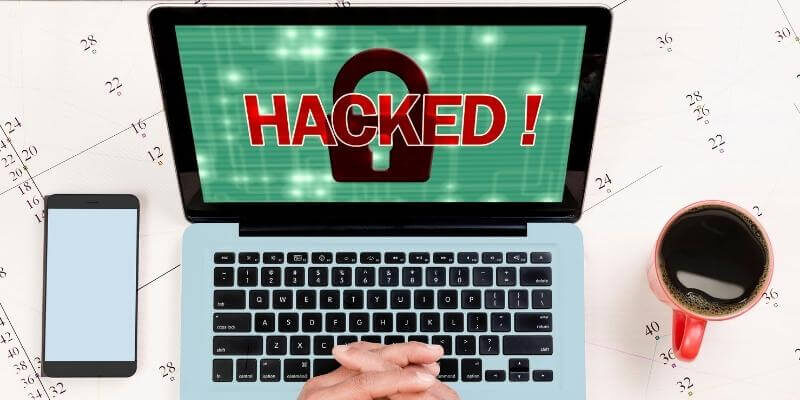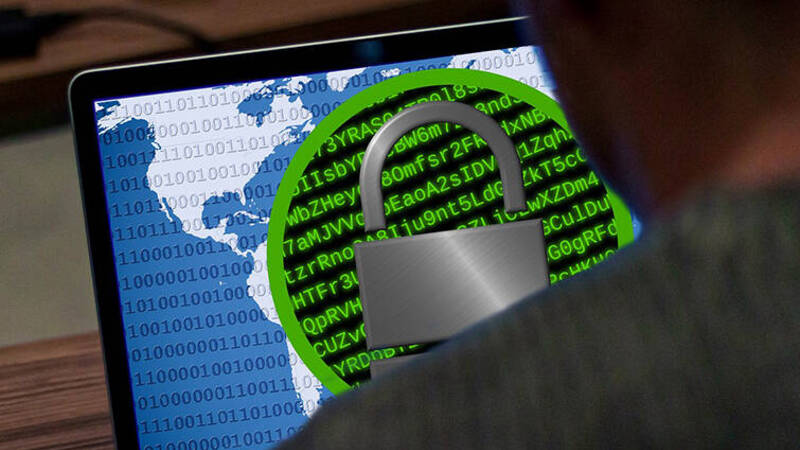How To Tell If Your Mac Has Been Hacked?

It might sound unbelievable that a Mac can get hacked, but it’s not impossible and has happened many times in the past. So, those who ask, “Can mac get hacked?” The answer is Yes, it can. However, one must note that Apple usually responds pretty quickly to reported vulnerabilities in the macOS and come up with the security patches that can protect the device after you run the updates.
Mac has a pretty strong protection system against foreign threats, to begin with. The Gatekeeper and XProtect safeguard your data and stop Malware from attacking the device. But, as we said, exceptions are always there. Several vulnerabilities have been found, sometimes known as the back door. Hackers use these back doors in the system to enter your device and steal your information.
Therefore, it’s essential to look out for the device’s safety. Usually, Apple fixes these loopholes in time, so you won’t need to worry a lot. But, you must update your device to access the security patches that fill out the spaces hackers use to get in.
So here, we’ll discuss what type of viruses can get into your Mac device and how you can recognize the signs of Malware in a hacked Macbook.
Type of viruses that can attack Mac computers:
There are various forms of viruses like trojans, spyware, worms, phishing, ransomware, etc. Let’s see what types can harm the Macs more.
- Spyware:
Spyware can allow attackers to steal private information like your credit card passwords or social media account info. This kind of Malware uses keyloggers that copy everything you type. So, spyware is pretty dangerous to your overall privacy and security.
For instance, spyware called OpinionSpy stole personal information from hacked Mac devices. In another instance, Apple was reported last year about a loophole in the operating system that could allow hackers to access the webcam and spy on the users through the camera. Though Apple fixed this issue in almost three months, this posed a huge threat to Mac users’ privacy, integrity, and security.
- Trojan:
There are further many kinds of trojan viruses. The specialty of trojan is that it disguises itself as a legitimate source. It can install itself after you click on email links you think are sent by someone you actually know or download some software from a legit website, only to know later it was a fake one. Trojans can be extremely tricky and challenging to track as they can stay dormant without the user knowing their device is infected.
For example, a Trojan (botnet) called Flashback infected a couple of hundred thousand Macs back in 2012. Once the antivirus companies detected it, Apple was informed and came up with a fix.
- Malicious Cryptomining:
In malicious crypto mining, the hackers hijack computers and use them for mining cryptocurrencies, affecting the RAM and slowing down the system’s performance. In this case, the hacker can use your Mac’s resources to earn cryptocurrency, putting a heavy load on both the processor and the RAM, making your system unusually slow.
- Ransomware:
Ransomware is used for encryption. The hackers can encrypt your data and ask for money for decryption. This is disturbing for most people if their data isn’t backed up or sensitive information is at stake.
Ransomware named KeRanger infected Macs back in 2016. It encrypted users’ files and demanded a transaction of a bitcoin (valued at $400).
- Transmission through ports:
One thing you must know is that the viruses do not only spread through the web but also can invade the device through the USB ports. That’s why you can’t plug a random USB into your device. The same goes for the Thunderbolt port. Exploits like BadUSB and Thunderspy can harm your Mac, so you must be careful.
Signs by which you can tell your Mac is hacked:
- System running slow:
If your system runs slow, the apps continuously crash. Also, the web pages take an excruciatingly long loading time; your Mac device could be infected.
- Browser add-ons:
Installation of browser add-ons or toolbars without your knowledge is a common symptom of a device having a virus.
- Webcam light turns on:
If you find recordings in your Macbook that you didn’t record or see the webcam’s light being turned on, it could indicate the presence of spyware in the system.
- The popup ads:
Seeing many popup ads, one after another, could be Malware’s doing. Popup ads can also download more viruses into your system by redirecting you to bad sites.
- Can’t log in to accounts:
If you can’t log in to your social media accounts due to the password being changed, it could also mean your Mac computer got hacked.
- Notice suspicious activity in a credit card bill:
Getting an invoice completely different from your spending could mean someone else is using your card information by hacking your computer.
- Check Activity Monitor:
Checking your activity monitor can also help you notice any suspicious activity in your Mac. Focusing on the network activity can reveal if a strange network is connected to the device. Likewise, if you go to “Sharing” via the “System Preferences,” you can ensure that nothing suspicious is connected to the device or has access to it.
Here’s the list of some of the popular Malware that could infect and harm your Mac computer in 2022.
- Silver Sparrow
- gravity
- DOK
- ThiefQuest
- CSS
- LoudMiner
- GoSearch22 (Pirri)
- CrescentCore
How to remove the virus once the Mac is infected?

Many antivirus software programs can protect your Mac device from infection and remove the virus if it has already invaded the system. However, you must keep your device updated at all times. You can turn on automatic updates via System Preferences, go to the Software Update, and toggle the button on. Bitdefender, Intego, Kaspersky, Avast, and Norton are some of the best antivirus systems that completely protect the device.
If the virus attacks your data and deletes it, you can consider getting professional help from a local PC repair shop. Many good PC repair shops provide virus removal and data recovery services.
Conclusion:
Macs are pretty secure as Apple consistently works on improving the security of the device. However, loopholes occur, and if hackers use them to invade your device, your security would be at great risk. So, you should gain awareness of types of viruses and follow the best practices to prevent them from getting into your Mac.

